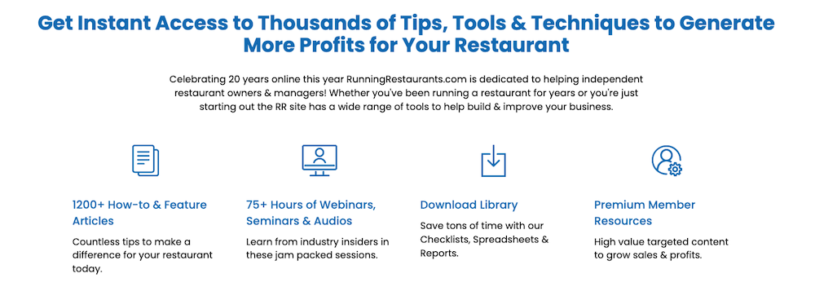
Making the leap from a structured 9-to-5 job to starting your own business can feel both thrilling and overwhelming. You’re stepping into the unknown—but also into unlimited possibility. If you’re a new entrepreneur just leaving corporate life, here are some key tips to help you hit the ground running with clarity and confidence.
Shift Your Mindset From Employee to Owner
In corporate life, you’re often focused on completing tasks and meeting KPIs. As an entrepreneur, you now call the shots—but you’re also responsible for every part of your business.
In your corporate job, you may have been asked to accomplish a series of tasks in any given day, but now you are the one determining the overall goals. You will need to ask yourself daily: What needs to happen to move my business forward today?” From there, you’ll determine the steps needed, AND execute.
Embrace Imperfection
Corporate roles can train you to value perfection and polish. But in entrepreneurship, progress beats perfection every time.
Successful entrepreneurs don’t wait until they think they’re “ready”. Is this a risk? YES! The reason is that you might make a mistake. But in entrepreneurship, that is part of the process.
Having said that, there are ways to mitigate mistake-making. For example, instead of creating a product for an audience you haven’t amassed yet, start by asking any followers you do have, or other entrepreneurs, what they might want and need in the type of product you want to create. That will tell you if there’s an audience for your service from the outset, and avoid wasting time on something that will never sell.
Revisit Your 'Why'—Often
When challenges arise (and they will), your purpose will keep you grounded.
Even if you’ve been “forced” into entrepreneurship, you wouldn’t embark on this journey if you didn’t have a larger purpose in mind - what marketers call their “why”. Have you always had a secret desire to be a healer? A coach or trainer? Your why might be to make a difference in the world that you couldn’t make in your corporate job, or it may be to simply express your own creativity. In any case, you’ll want to revisit this “why” fairly often, especially as challenges arise (which they will, but don’t worry, you’ve got this).
Set Boundaries—Especially Around Your Time
In corporate, someone else manages your schedule. Now, you’re in charge of protecting your own time.
This is ultimately a good thing, although it may seem uncomfortable to manage at first. Because you don’t have “hard stop” times (barring family or social responsibilities) like 5PM in typical 9-5 jobs, you may find yourself working longer hours just because you can. But beware of burnout; it can creep up on you. Make a concerted effort to take frequent breaks during the day, and to have an “end of day” time that you adhere to, at least most of the time.
Use What You Know (Your Corporate Experience Is a Superpower)
Don’t throw away your years in the corporate world—leverage them.
If you were a project manager for example, you’re going to need those organizational, planning, and execution skills when you launch your business and manage work projects within it. Communication and leadership skills are basic necessities in entrepreneurship, so lean on them if you have experience there, whether you’re leading a team, or communicating the value of your service to potential clients.
Don’t Go It Alone
You may have left your team behind, but you don’t have to do this alone.
Since COVID, the number of online networking opportunities around the world has skyrocketed. If your business has a potential global audience, there are plenty of opportunities to join networking groups, social media communities, being on boards, and make yourself available to speak at online events. If you’re strictly local (eg. home renovations or real estate), seek out leadership roles in local networking groups that meet online or in-person.
Bonus tip: You may find that those most successful entrepreneurs are often members of the same networking groups that you have joined. It’s not like these people are ensconced in their ivory tower - in so many ways, they are just like you, and are surprisingly willing to share their knowledge with you. So don’t hesitate to ask for advice if the opportunity arises.
Start Simple, Then Build
You don’t need a complex website or full marketing funnel on day one.
Rarely does a new business “explode” on the market, even with a well-planned launch. The reality is most likely you’ll be growing step by step, and learning along the way. The good news is that your fellow entrepreneurs are all doing the same thing, even the most experienced business owners.
Bonus Tip: Your Identity May Shift—Let It
It can feel strange to leave behind a title or role that once defined you. But this is your chance to rediscover who you are. Tip: Stay flexible, stay curious, and trust that you’re becoming who you’re meant to be.
Final Thoughts
Leaving the security of a corporate job to start your own business is brave—and just the beginning. Stay focused, grounded, and aligned with your vision. The freedom, fulfillment, and growth you’re seeking are all on the other side of this leap.
You've got this.
Does your new business idea include a membership website? You're in the right place!





















